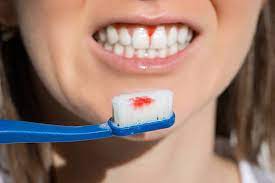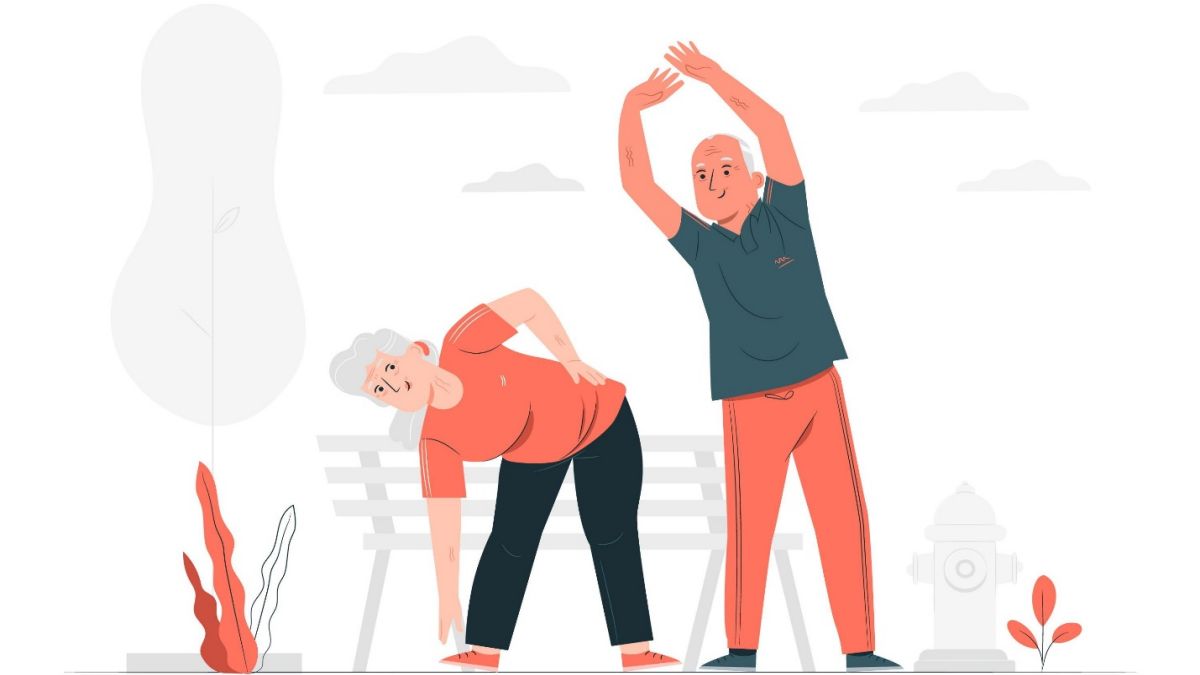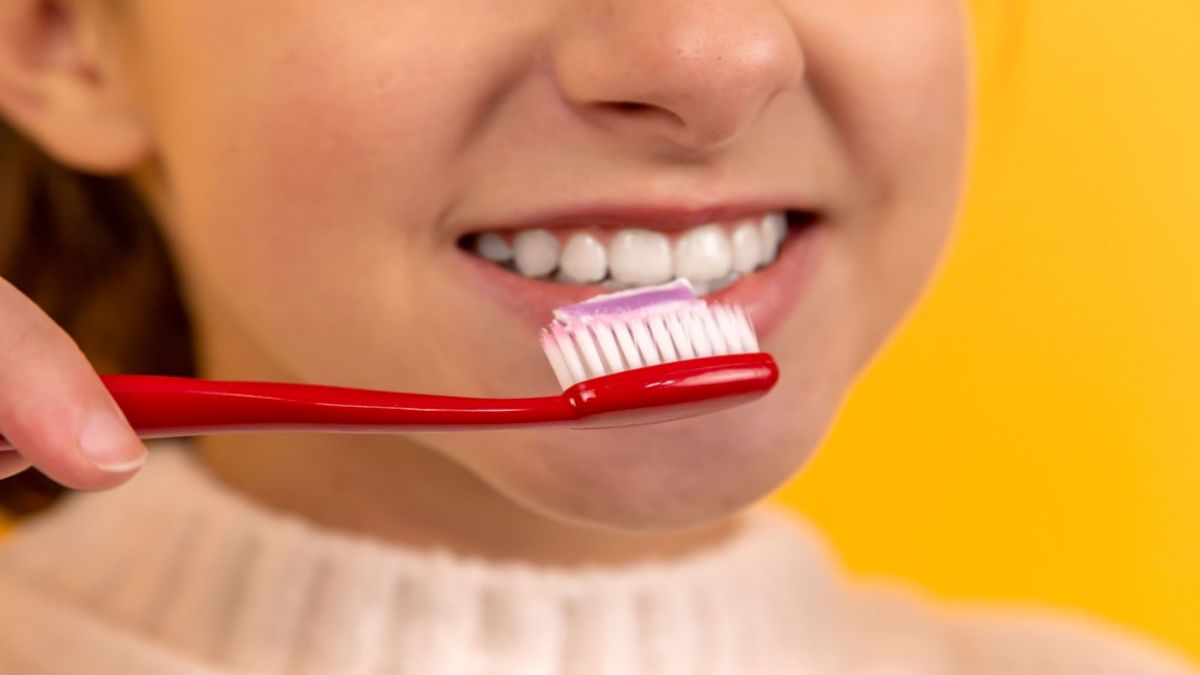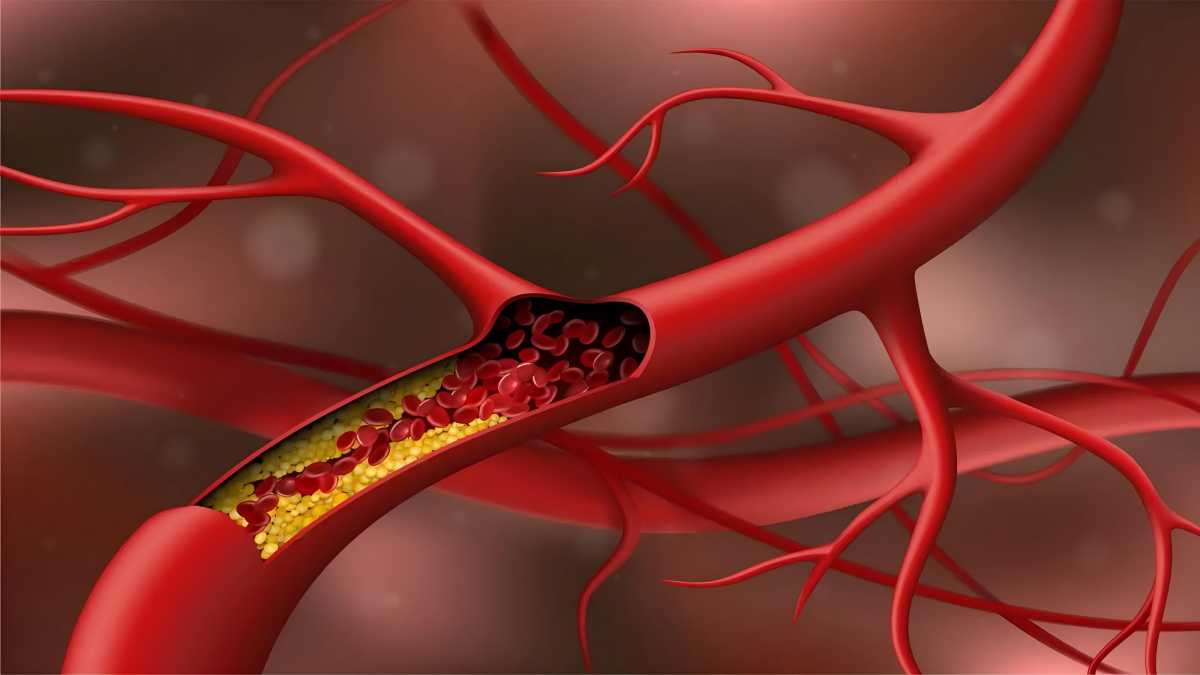High cholesterol in young adults: why it’s a growing concern
Cardiovascular issues aren't just for the older crowd, as everyone thinks. A study published on July 1, 2024, says younger adults may actually be at higher risk for atherosclerosis, or, in layman’s terms, artery-narrowing. It turns out they’re particularly sensitive to elevated blood cholesterol and hypertension.
The research, done at the Centro Nacional de Investigaciones Cardiovasculares in Spain, highlights the need for younger folks to pay attention to their heart health.
Published in the Journal of the American College of Cardiology, the findings suggest younger adults should take charge of their cardiovascular risk factors.
Cholesterol is usually linked to older adults or middle-aged people. However, more young adults are now being diagnosed with high cholesterol. It was once seen as a problem for seniors.
Now, high cholesterol is a growing concern for younger generations. By taking the research into account, let’s examine why high cholesterol in young adults is a risk factor.

The rising trend of high cholesterol levels in young adults
According to a recent study published in the Journal of the American College of Cardiology, there is a noted increased threat of cardiovascular issues, including high cholesterol, in younger adults.
This is an alarming trend for many reasons. There are several social and health factors that influence the rise of cholesterol in the young.
●Lifestyle factors
Let’s talk about modern life. It’s making cholesterol levels skyrocket in young adults. Processed foods? They're everywhere! Fast food and convenience meals are packed with trans and saturated fats. They’re also way easier to grab than a salad. And don’t get me started on sugary drinks and snacks!
They’re the cherry on top of the unhealthy sundae. It’s no wonder weight gain and cholesterol levels are rising.
●Sedentary behavior
Thanks to technology, many young adults are turning into couch potatoes. Whether its work, school, or video games, they’re sitting for hours. That lack of movement? It’s a recipe for obesity and bad cardiovascular health. And guess what? Elevated cholesterol is just waiting to crash the party.
●Stress and mental health
Feeling stressed? You’re not alone. The mental health crisis is real, and it’s contributing to unhealthy habits. Stress, anxiety, and depression can send people running to comfort food. And what’s on the menu? High-fat, high-sugar delights that only add to rising cholesterol levels! It’s a vicious cycle, my friends.
●Genetic predisposition
Now, let’s throw genetics into the blender. Some folks have familial hypercholesterolemia. That means they’re destined for high cholesterol from a young age. If this is you, it’s time to be extra vigilant. Keep an eye on those cholesterol levels and make some lifestyle tweaks.

The consequences of high cholesterol
So, what happens when cholesterol levels rise?
●Atherosclerosis
First up, atherosclerosis. This is when plaque slowly builds up in your arteries. Think of it as a traffic jam in your blood vessels. Over time, it can limit blood flow to vital organs.
●Heart Disease
Next on the list is heart disease. High cholesterol is a major player here. When LDL cholesterol is elevated, the heart has to work extra hard to pump blood through those narrowed arteries. The result? An increased risk of heart attacks.
●Stroke
If that plaque decides to rupture, it can create a blood clot. That clot can travel to the brain and cause a stroke. Young adults with high cholesterol might be at a greater risk. Talk about a wake-up call!
●Other Health Issues
High cholesterol can lead to other health problems too. We’re talking metabolic syndrome, type 2 diabetes, and high blood pressure. It’s a whole buffet of issues you don’t want to deal with!
Preventing and managing high cholesterol in young adults
The good news is high cholesterol can be managed. Lifestyle changes, medical care, and regular check-ups help.
●Embrace heart-friendly eating habits.
A healthy diet reduces the amount of bad cholesterol consumed. More fruits, vegetables, whole grains, and lean protein should be consumed by young adults. Healthy fats are necessary as well. Food items such as oatmeal, beans, and berries help in decreasing bad cholesterol.
Even the omega-3 fats in fatty fish such as bluefish and mackerel help keep down the level of bad cholesterol.
Remember to stay away from refined carbohydrates, trans fatty acids, and excessive amounts of sugar. These can increase the cholesterol counts in the blood.

●Strive to be active.
Active management in physical exercise helps control levels of cholesterol. Young adults should try to get 150 minutes of moderate exercise each week. Activities such as fast walking, swimming, or cycling are excellent alternatives.
It is also effective to perform physical exercises for strengthening muscles. It helps build muscles and burn fats that enhance cholesterol.
●Control your body mass index.
Having a healthy weight reduces the risk of getting high levels of cholesterol. Even a small change in weight could have a noticeable effect. It is beneficial for cholesterol control and promotes better coronary heart disease.
●Stop smoking and reduce alcohol intake.
For a smoker, there are very clear health benefits to stopping smoking when it comes to heart health and cholesterol. It is also essential to stress-limit alcohol intake as well, since too much alcohol can increase the levels of cholesterol.
●Drugs
Sometimes, no matter how many salads you eat or how many miles you run, cholesterol just won’t budge. For people with familial hypercholesterolemia or those at high risk for heart disease, lifestyle changes might not cut it. Enter the statins—when the fight against cholesterol needs backup.
●Regular cholesterol screening
Even if you’re feeling fit and fabulous, it’s smart to get your cholesterol checked. Parents and guardians should keep an eye on their kids’ cholesterol too. Catching risks early can help dodge heart disease later on.
Cholesterol isn’t just an "old people" problem anymore. With rising numbers of overweight young adults, junk food, and couch-potato habits, it’s a growing issue.
The bright side? A few lifestyle tweaks, regular exercise, and maybe some medications can lower cholesterol and keep heart disease at bay. Start early and your future self will thank you!
OTHER NEWS
-
- Health Guide For Senior Golfers: How To Prevent Common Injuries In Golf
- By Prodosh Kundu 09 Oct,2024

-
- Should I continue brushing if my gums bleed?
- By Dr. James 21 Mar,2024

-
- How to relieve migraine after tooth extraction and its causes
- By Jason 14 Mar,2024

-
- How to Prevent Physical and Mental Inactivity in Elders
- By Syed Hassan Sabeeh Kazmi 17 May,2024

-
- Innovative Treatments for Lung Cancer: What’s on the Horizon?
- By Prodosh Kundu 18 Sep,2024

-
- How to Achieve Healthy Rapid Weight Loss without Risks
- By Prodosh Kundu 10 Sep,2024

-
- 4 Types of Exercises for the Body: Which Exercise is Better?
- By Fatima Amir 21 May,2024

-
- The Importance of Dental Health: More Than Just a Smile
- By Roha Tariq 25 Apr,2024

-
- The Truth About Cholesterol: Myths vs. Facts
- By Prodosh Kundu 09 Sep,2024

-
- Influences and Innovations in Dental Health
- By Roha Tariq 07 May,2024

-
- Understanding the Different Types of Life Insurance Policies
- By Prodosh Kundu 14 Aug,2024

-
- Questions to Ask your Doctor after Menopause and Health Chechups
- By Fatima Amir 23 May,2024

 1
1 1
1